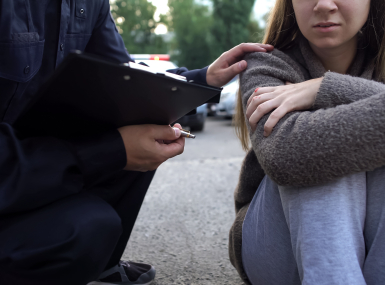How County Elected Officials Can Support Crisis Triage Centers: A Place for Community Members to Go During a Behavioral Health Emergency

Upcoming Events
Related News
County elected officials can support community members during a behavioral health emergency by increasing access to services such as crisis triage centers. These centers offer residents a physical location to access stabilization, treatment and connections to community-based services. By increasing access to crisis triage centers, counties can serve the needs of community members with behavioral health conditions, reserve emergency departments and law enforcement officers for other priorities and direct resources to improve community well-being.
County elected officials can assist by:
- Determining the need, through resource and process mapping to understand if a crisis triage center is appropriate
- Ensuring collaboration across county agencies and community partners to best serve residents through integrated care, and
- Securing funding from federal, state, local and private sources to develop a center and sustain operations.
Tagged In:





